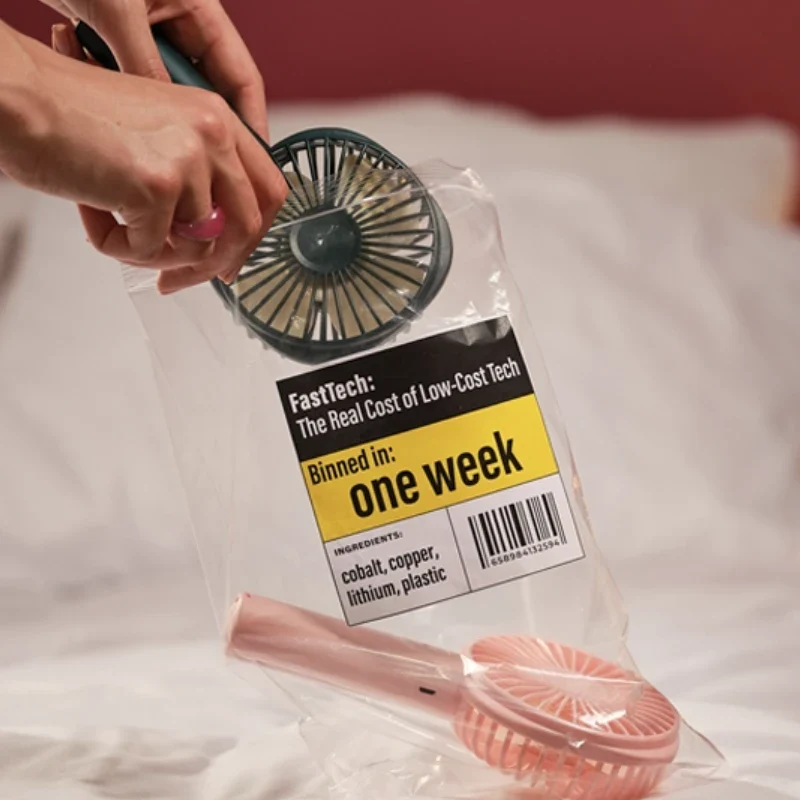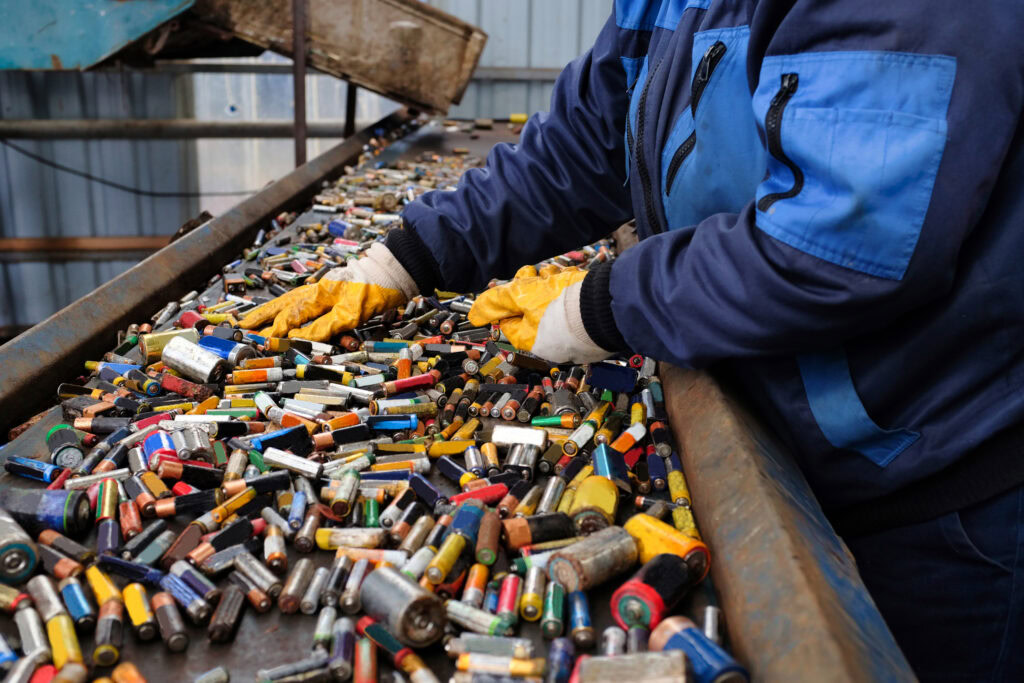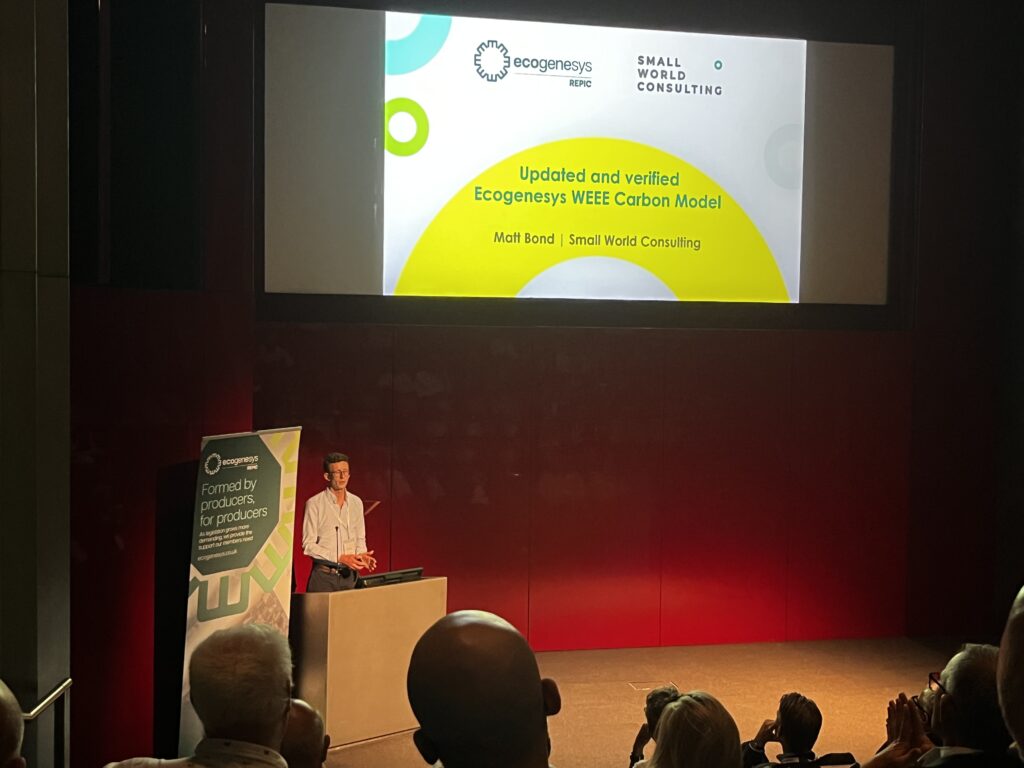The research commissioned by WEEE campaign organisation Material Focus has come up with other measures that it believes could improve the way the UK measures and assesses the efficiency of its waste electricals and portable batteries systems.
The London-based organisation said: “Introducing these metrics would provide a more accurate and holistic view of the systems and help improve their performance in moving towards a circular economy. It will also help sector stakeholders to better tell the story of the challenges they are facing, and how they are working together to respond to these.”

At present the producers of electricals and portable batteries have to report what electricals and batteries they sell by weight and by type of product. The government uses this information to set collection and recycling targets and the regulations require producers to be responsible for financing the cost of collection, treatment, recycling and recovery of waste electricals and batteries.
Material Focus considers that the measures proposed in this research may also assist regulators in making “better informed and more targeted interventions to help deliver greater circularity in these sectors”.
Material Focus commissioned consultancy Ricardo to “Measure the success of the UK’s waste electricals and waste portable battery systems”.
The research identified that the current regulations are “primarily focused on the weight of electricals that are recycled, with limited consideration and measurement of waste reduction options such as, reuse, repair, and refurbishment”.
In addition, it found that weight-based targets overlook the impacts and importance of circular design (designing out waste and pollution whilst keeping products in use for longer), changes in design due to technological advances, and the efficiency and quality of the recycling processes and their material outputs.
Comprehensive
Scott Butler, Executive Director, Material Focus said: “This research has identified new measures that could deliver the most comprehensive understanding of electricals and portable battery flows and their performance within the UK circular economy to date. Greater understanding of consumer behaviours will also provide essential information. Together these new metrics will provide information that can assist in targeting useful actions and interventions to improve the circularity of the waste electricals and portable batteries systems.”
Among suggestions of new UK metrics to improve the circularity of the waste electricals and portable batteries systems are:
- Ongoing reporting of new electricals and batteries placed on the market by quantity as well as weight.
- New reporting of materials recovered by weight. The full reporting of materials recovered through recycling will drive greater understanding of the efficiency of the UK system. This will enable the system to potentially focus on specific materials, including precious and critical raw materials, and help identify and prioritise those of most benefit to the circular economy. It will also help identify and track where progress is or isn’t being made.
- Establishing national trackers to better understand consumer awareness and behaviours such as hoarding and binning of electricals and portable batteries.
- Establishing a national system to record the number and type of drop-off points for used electricals and batteries across the UK. This will help target measures to improve consumer access to repair, donation and recycling services.
- A number of other potentially useful metrics were also identified which are worthy of future consideration for introduction, the research found. Examples include developing better metrics for monitoring the CO2 impacts of the electricals and portable battery systems, and the tracking and valuing of reuse and repair activities.
The research estimated that the total cost to implement all the proposed metrics across all regions of the UK is approximately £170,000 per year.









Subscribe for free